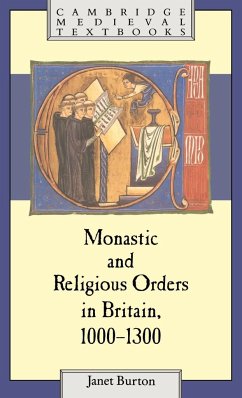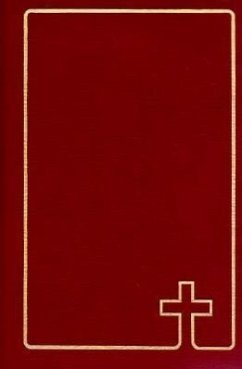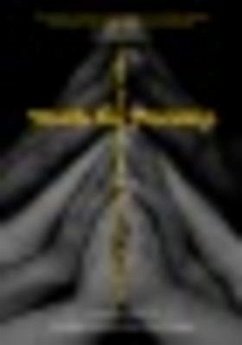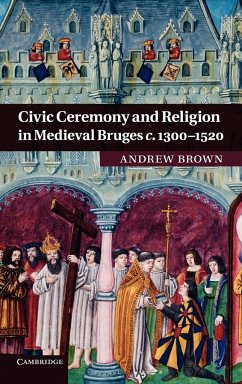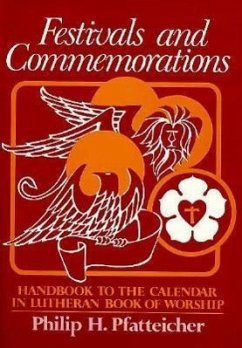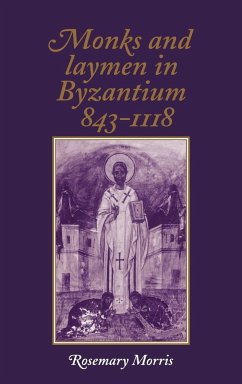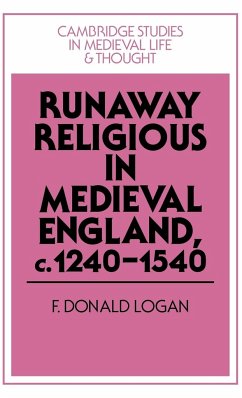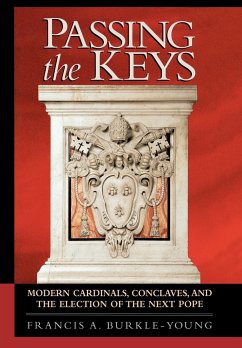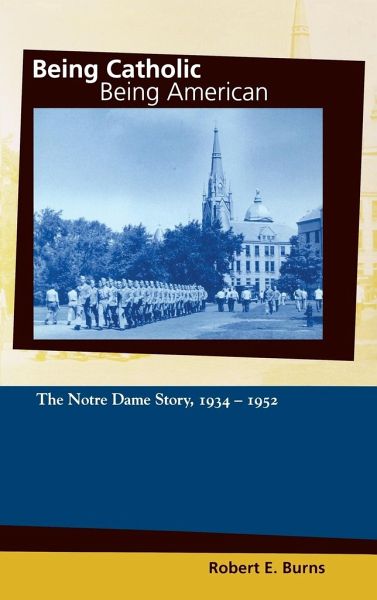
Being Catholic, Being American, Volume 2
The Notre Dame Story, 1934-1952
Versandkostenfrei!
Versandfertig in 1-2 Wochen
40,99 €
inkl. MwSt.

PAYBACK Punkte
20 °P sammeln!
An archive-based account of the developmental years of the University of Notre Dame. During these years, university leaders strove to find the additional resources needed to transform their succesful boarding school into an ethically diverse modern Catholic university. The history of the University of Notre Dame from 1842 to 1934 mirrors in many ways the history of American Catholicism during those years. For reasons having to do more with football than religion, most Americans think first of Notre Dame when they think of Catholic universities. Burns, a former Notre Dame faculty member and lon...
An archive-based account of the developmental years of the University of Notre Dame. During these years, university leaders strove to find the additional resources needed to transform their succesful boarding school into an ethically diverse modern Catholic university. The history of the University of Notre Dame from 1842 to 1934 mirrors in many ways the history of American Catholicism during those years. For reasons having to do more with football than religion, most Americans think first of Notre Dame when they think of Catholic universities. Burns, a former Notre Dame faculty member and longtime columnist for U.S. Catholic magazine, traces the emergence of American Catholics from a minority status in society to the elevation of Notre Dame as a great American university. He argues that having one of the most successful college football teams in history helped establish Notre Dame's popularity and reputation in American culture and history. Burns keeps the reader entranced with a narrative filled with lively characters and events. Here we meet Notre Dame founder Reverend Edward Sorin, the KKK in Indiana, Knute Rockne and a host of other heroes and cowards, mountebanks and millionaires, all of whom played a part in the astonishing years covered by this story.






